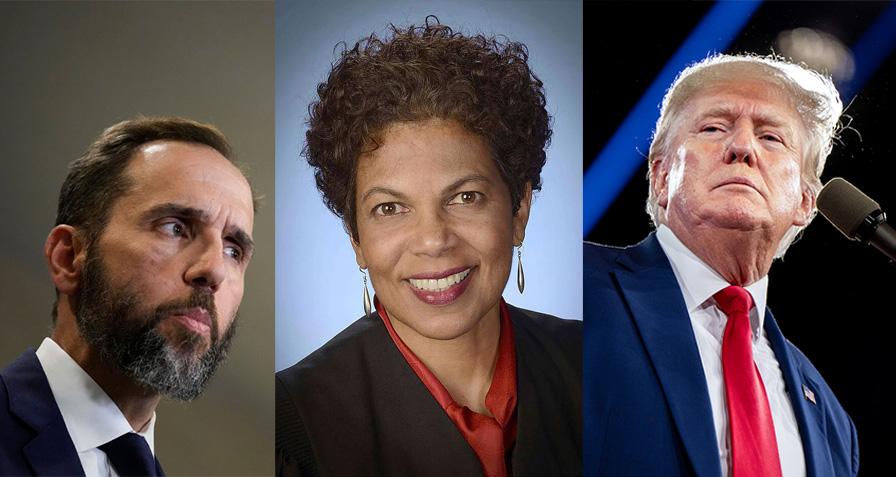The U.S. Department of Justice (DOJ) filed an opposing brief Sept. 14 in response to former President Donald Trump’s request that the judge presiding over his Washington case recuse herself.
“There is no valid basis, under the relevant law and facts, for the Honorable Tanya S. Chutkan, United States District Judge for the District of Columbia, to disqualify herself in this proceeding,” wrote special counsel Jack Smith.





